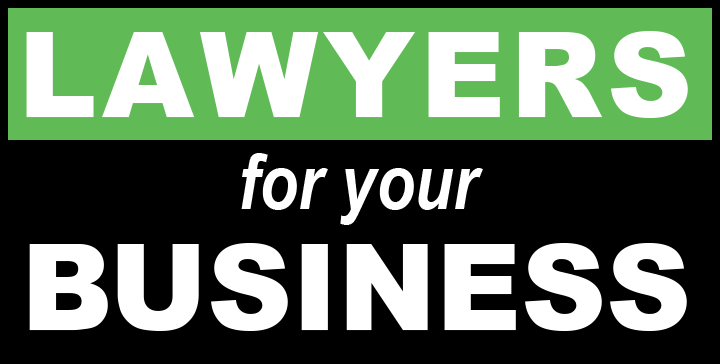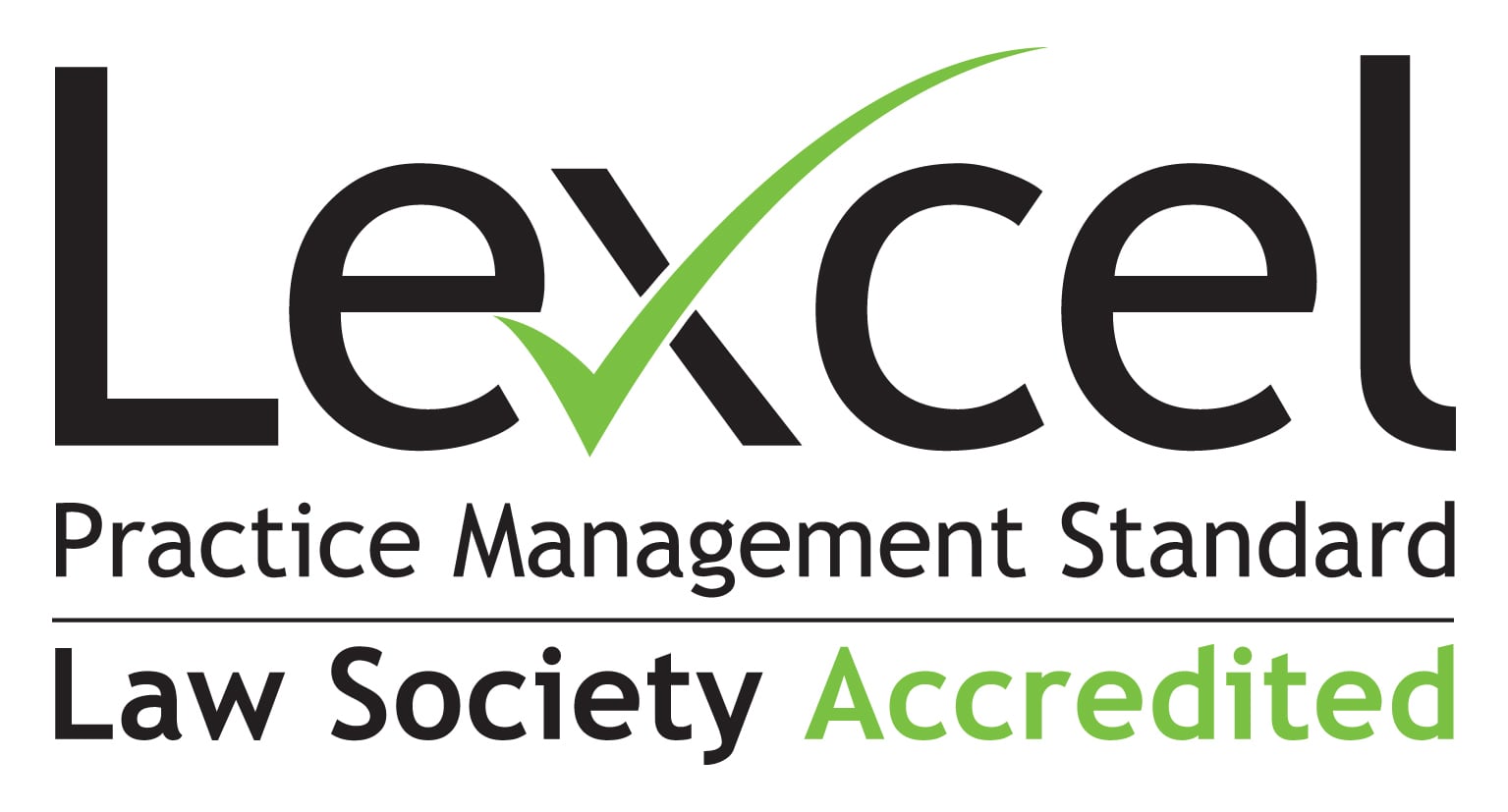A major principle on which the legal system in England and Wales relies is that the communication between a client and his or her lawyer is private. The courts cannot force the disclosure of the communications passing between client and lawyer, whether written or oral. This principle, known as legal professional privilege (LPP), recently came under the spotlight in the Supreme Court.
Insurance giant Prudential plc had sought to withhold from HM Revenue and Customs (HMRC) documents relating to advice the company had been given by an accounting firm, with regard to a marketed tax avoidance scheme, on the ground that the communications were subject to LPP.
The Special Commissioners had ruled that where correspondence with accountants would add to the relevant facts determining tax liability, the issuing of a notice requiring disclosure of tax planning advice was valid, and that LPP did not apply. This view was supported by the High Court and the Court of Appeal.
In what is a significant victory for HMRC, the Supreme Court has now dismissed an appeal by Prudential and ruled, by a 5:2 majority, that LPP applies only to communications with qualified lawyers, solicitors or barristers, even where the advice given is legal advice which another professional person is qualified to give. Whilst the president of the Supreme Court, Lord Neuberger, acknowledged that there was a strong argument in favour of upholding the appeal, it was ultimately a matter for Parliament, not the courts, to consider whether or not LPP should be extended to communications between clients and other professionals.
In other words, HMRC can force accountants to divulge advice given to their clients on tax law matters. Michael Izza, chief executive of the Institute of Chartered Accountants in England and Wales, described the decision as ‘undeniably disappointing’ but said that the fight to achieve a level playing field was not over. He said, “The current position on LPP is unprincipled and anti-competitive for individuals and businesses who, we believe, should be able to seek the best professional advice on the same terms whether from lawyers, accountants or indeed other appropriately qualified professionals.”
However, unless or until a change is made, the only privileged communications are those between a client and their legal adviser.






